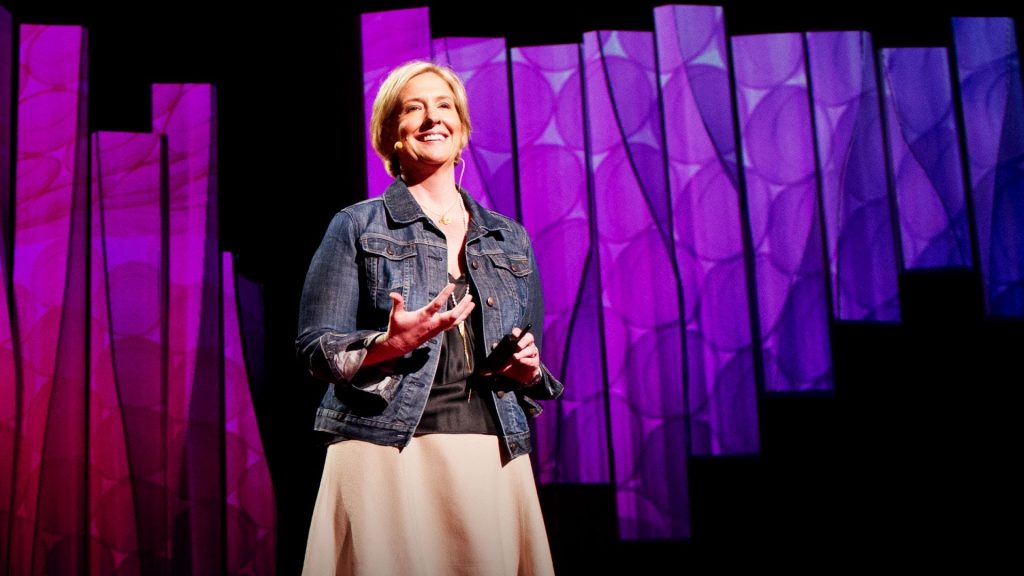
27 Jun Change Can’t Happen THROUGH Me Until It Has Happened TO Me
Belief 3: Change Cannot Happen “Through” Me Until It Happens “To” Me
A major theme running through all seven core beliefs of a transformational change leader is that your participation in the change is essential. Not in the transactional sense that you are telling others what to do, but rather as a person ready to model the behaviors you are asking of your team. This involves being able to set your ego aside, being sincerely open to others’ ideas, and recognizing and embracing the possibility that you may need to change your habits and behaviors in order to encourage the same to happen for your team. Belief 3 of a transformational change leader is that change cannot happen through me until it happens to me.
Consider the work of social worker / professor / researcher / storyteller Brené Brown.
Her academic and professional career has been devoted to measuring and describing emotions such as shame and blame in the service of learning about connection, empathy and vulnerability.
Her groundbreaking research acts as a guide for people in settings from social services to the boardroom to the dinner table – anywhere humans interact with all the accompanying messiness being human incurs – helping to reveal patterns and habits that impede connection and belonging.
Part of what makes it so fun to learn from her is the ease with which she reveals her own imperfections. In her TED Talk, The Power of Vulnerability, she talks about analyzing data collected from thousands of people describing their experiences of shame. She noticed that the people who were able to move through shame to achieve connection shared a common trait, the willingness to become vulnerable in order to achieve it.
She says: “I personally thought it was betrayal. I could not believe I had pledged allegiance to research, where our job — you know, the definition of research is to control and predict, to study phenomena for the explicit reason to control and predict. And now my mission to control and predict had turned up the answer that the way to live is with vulnerability and to stop controlling and predicting. This led to a little breakdown … I call it a breakdown; my therapist calls it a spiritual awakening.”
As a researcher, it would be completely reasonable for Brown to publish her work in a journal and move on to the next project. As a transformational change leader, she embraced the idea, even though it was new and frightening to her, in order to authentically practice what she teaches.
Hers is an extreme example. As a public figure and a teacher of culture change, she felt compelled to work deeply within herself to model the change she hopes to see. We aren’t suggesting that in order to effect change in your setting you (necessarily) need to see a therapist. We are suggesting that as you undertake the transformational change processes, you place yourself squarely in the universe of variables that is open to examination, evaluation and growth. Allowing that change to happen within you is integral to encouraging and enabling change around you.
Until the next time!
All our best,
Team Tipton
Want to learn more about how Team Tipton can benefit you and your team?
We’d love to hear from you and set up a short exploratory call.
Schedule yours here.




No Comments